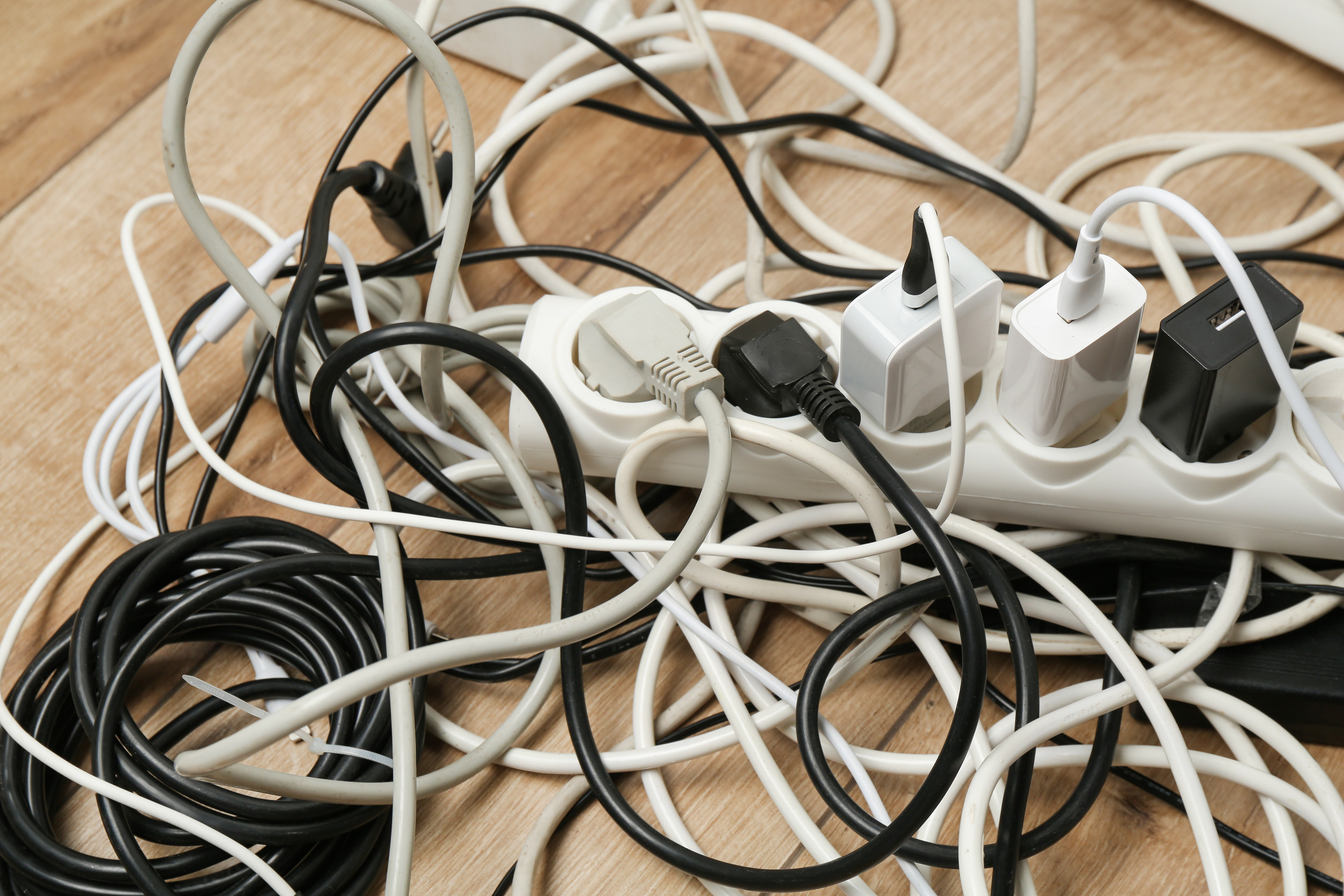
When it comes to home safety, extension cords are often treated as an afterthought. Many people use them casually for holiday decorations, power tools, or even long-term appliance setups. But here’s the truth: using the wrong extension cord doesn’t just put your devices at risk. It can actually violate fire code and increase the chances of a devastating house fire. Codes exist to protect homeowners from hazards, yet many are unaware of how everyday mistakes with cords may cross the line into dangerous territory. Here’s a look at the risks and what you need to know to stay compliant and safe.
Fire Codes Exist for a Reason
Fire codes are established by local and national agencies to reduce the risk of electrical fires, which account for tens of thousands of house fires every year. These codes outline proper wiring, outlet capacity, and safe practices for electrical devices, including extension cords. When you use a cord in ways it wasn’t designed for, you may be violating these codes without realizing it. Beyond legal concerns, improper use significantly raises the risk of overheating, sparking, and fire. Understanding that codes are rooted in real safety issues is the first step toward compliance.
Indoor vs. Outdoor Cords Are Not Interchangeable
One of the most common mistakes homeowners make is using indoor extension cords outside. Indoor cords lack the insulation and weatherproofing needed to withstand moisture, heat, and other outdoor elements. This misuse can degrade the cord quickly, increasing the chances of shock or fire. In many municipalities, using the wrong type of cord outdoors is a direct violation of fire safety regulations. Always check the cord label. Indoor cords should never be dragged into outdoor use.
Gauge Size Matters More Than You Think
Extension cords come with different wire gauges, which determine how much current they can safely carry. Using a cord with too small a gauge for a high-powered device, like a space heater or refrigerator, can overload the wiring. Overloaded cords heat up rapidly, creating a fire hazard and often violating fire code. In professional or commercial environments, inspectors specifically check that cords match the load they’re supporting. Choosing the correct gauge ensures both compliance and safety.
Long-Term Use Is a Code Violation
Extension cords are designed as temporary solutions, not permanent wiring replacements. Yet many households rely on them for long-term setups, such as plugging in TVs, lamps, or even major appliances. According to the National Fire Protection Association (NFPA), using extension cords as permanent wiring is a fire code violation. If you find yourself relying on extension cords daily, it’s a sign you need additional outlets installed. Permanent wiring is always the safer and legal solution.
Daisy-Chaining Creates Dangerous Overloads
Plugging multiple extension cords together, often called “daisy-chaining,” is a habit many people pick up without realizing the risks. Every additional connection increases resistance, heat buildup, and the likelihood of fire. Fire marshals frequently cite daisy-chaining as a clear violation of safety codes. If you need more reach, the solution isn’t connecting cords but purchasing a single heavy-duty cord rated for the full distance. Avoiding daisy-chains is one of the easiest ways to eliminate unnecessary fire risks.
Power Strips and Extension Cords Aren’t the Same
Many people confuse power strips with extension cords, assuming they function interchangeably. Power strips often include surge protection and circuit breakers, whereas basic cords do not. Using a simple extension cord where a surge-protected strip is necessary, like for computers or TVs, can leave your equipment and home vulnerable. Inspectors sometimes treat misuse of cords in high-power or sensitive setups as code violations. Understanding the difference saves both your electronics and your safety record.
Heat Buildup Can Trigger Fire Hazards
Extension cords naturally generate heat, especially under heavy load, but poor choices make the problem worse. Running cords under rugs, pinching them behind furniture, or wrapping them tightly prevents heat from dissipating. These practices increase fire risks and can be flagged as unsafe by inspectors. Fire codes stress that cords must be used in open, ventilated spaces. Simple habits like avoiding concealment can make a big difference in safety.
Commercial Spaces Face Even Stricter Rules
For businesses, the rules surrounding extension cords are even tougher. OSHA and local fire marshals inspect workplaces to ensure proper electrical safety, and violations can result in hefty fines. Employers are expected to provide permanent wiring solutions rather than relying on cords. Even temporary setups are closely scrutinized, with requirements for proper labeling and load capacity. For men and women running home-based businesses, these codes often still apply, making compliance essential.
Extension Cords Are Tools, Not Solutions
Using the wrong extension cord may seem minor, but in reality, it can put your safety, your home, and even your legal standing at risk. Fire codes are clear: cords are temporary tools, not long-term fixes. Choosing the right cord for the right purpose and using it only as intended can save you from costly mistakes and keep your household safe. If in doubt, consult an electrician before relying on an extension cord for anything beyond short-term use.
Do you think fire codes are too strict about extension cords, or do they make sense given the risks? Share your thoughts in the comments!
You May Also Like…
- 7 Garage Setups That Are Quietly Violating Fire Code
- What Happens If You Mislabel Your DIY Electrical Work?
- What Happens If You Install That New Fixture and It Causes a Fire?
- 10 DIY Hacks That Quietly Ruin Your Electrical Wiring
- The Car Smells Fine—So Why Is It Still a Fire Hazard?
The post Can Using the Wrong Extension Cord Violate Fire Code? appeared first on Clever Dude Personal Finance & Money.







